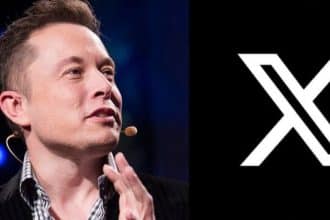World financial leaders gathered in Washington to discuss issues like debt, inflation, and interest rates, but the impending U.S. election dominated their concerns.
Bloomberg reported that the possibility of former President Donald Trump’s return to office dominated discussions at the International Monetary Fund and World Bank’s annual meetings. With the vote less than two weeks away, conversations often centred on the upcoming election.
During an interview, Malaysia’s second finance minister, Amir Hamzah Azizan, expressed widespread anticipation of the election’s outcome. The candidates’ contrasting economic visions have heightened global interest, as officials equate the potential impact to major global crises like the conflicts in Ukraine and the Middle East.
Vice President Kamala Harris symbolizes policy continuity, whereas Donald Trump proposes significant changes, such as imposing high tariffs that could disrupt global trade further than during his previous term. This disparity introduces significant uncertainty at a time when the global economy might otherwise expect a smooth trajectory, and market optimism generally prevails.
“Markets detest uncertainty, and the most significant unknown now overshadows these meetings: Who will be the next U.S. president?” remarked Josh Lipsky, Director of the GeoEconomics Center at the Atlantic Council.
At the meetings, various high-profile events catered to attendees engrossed by the electoral predictions, featuring speakers like Nate Silver and former Trump administration officials, reflecting intense interest in the election’s outcome.
Despite the charged atmosphere, financial diplomats strove for neutrality, often avoiding direct mentions of Trump. However, regardless of the election’s outcome, some emphasized the U.S. economy’s resilience and prior experience negotiating with Trump, suggesting adaptability in future dealings.
Pakistan’s Finance Minister Muhammad Aurangzeb voiced a commitment to maintaining strong U.S. trade ties, underscoring a consistent approach across various U.S. administrations.
Read: Stacey Williams Accuses Donald Trump of Groping at Epstein-Linked Party
IMF and World Bank sessions underscored the evolving challenges to U.S. economic dominance, highlighted by a BRICS meeting in Russia advocating for a multipolar world order. Despite Trump’s scepticism of multilateralism, World Bank President Ajay Banga expressed hope that, if re-elected, Trump would recognize the institution’s value in leveraging global resources.
European Central Bank President Christine Lagarde cautioned the next U.S. president to consider the historical ineffectiveness of trade barriers, advocating for open economic policies to foster global prosperity and leadership.






